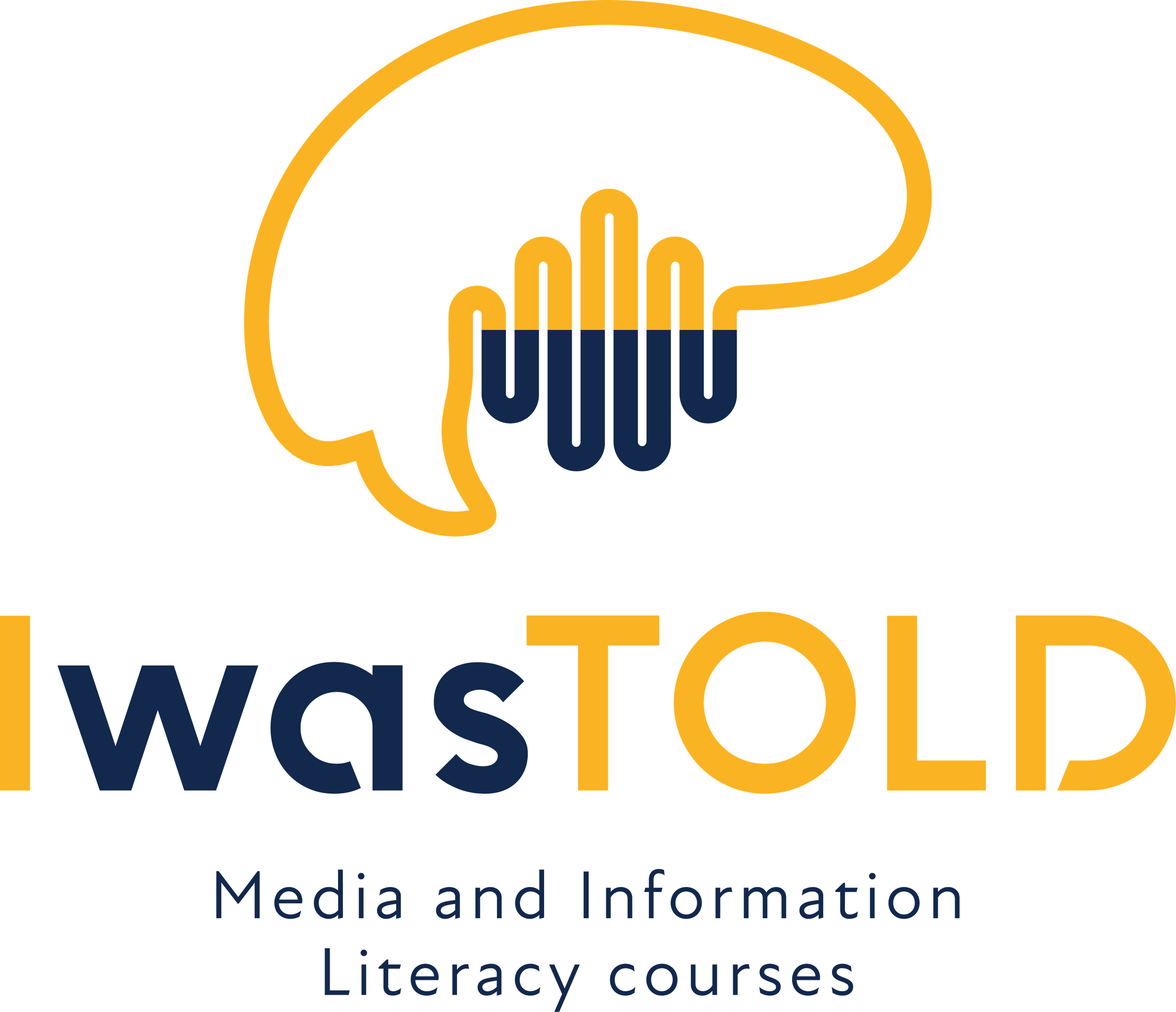2. FOSTERING CRITICAL THINKING THROUGH NON-FORMAL EDUCATION
-
Chain of critical thinking7 Topics|3 Quizzes
-
Introductory to lesson
-
What is Non-formal Education and what is its impact on the community?
-
Development of critical thinking using informal methods
-
Non-formal methods for changing stereotypes, interactions and critical thinking
-
Final Exercise of the whole lesson
-
Feedback on exercise
-
Additional learning material
-
Introductory to lesson
-
Development of Critical thinking in the Community7 Topics|3 Quizzes
-
How to measure the impact?7 Topics|3 Quizzes
-
Tools for checking the information and image verification7 Topics|3 Quizzes
-
AI against fake news7 Topics|3 Quizzes
Participants2
Development of critical thinking using informal methods – Exercise
Mil 3 September 2021
Regardless of the reason you participate in this training — to develop your critical thinking or have a vision to influence the development of critical thinking in your community or even society as a whole, you can test your skills by answering the questions below.
In the table for answers, you will immediately find two columns: the first is designed to assess your personal critical thinking skills, the second will help you prepare for a non-formal education session. Don’t be surprised that the assessment will not be in points but in symbols. Our goal is not to assess your critical thinking skills, our goal is to help you understand if you are satisfied with your critical thinking skills and what areas you could focus on. As well as preparing for non-formal critical thinking learning. We don’t aim to score your preparation, we just want to show you the starting points you could think of.
| Critical Thinking: The Equality Factor | I agree ☺ 😐 ☹ | I’ll talk about that ☺ 😐 ☹ |
| Feeling good in communicating with similar and different people | ||
| Ability to respectfully describe people who are similar and different | ||
| Ability to respectfully name historical and other events and to act together with representatives of different religions | ||
| Empathy, respect and understanding for other people | ||
| Examining the social, cultural, political and historical context using ethical terms | ||
| The result |
| Critical Thinking: The Justice Factor | I agree ☺ 😐 ☹ | I’ll talk about that ☺ 😐 ☹ |
| Separation of stereotypes and evaluation of the person as a representative of the individual rather than the group | ||
| Analysis of harm caused by injustice or hatred in the context of history | ||
| Understanding how privileges determine interpersonal relationships | ||
| Understanding the diversity of actions, groups, individuals, strategies and philosophies in the context of the history of social justice | ||
| The result |
| Critical Thinking: The Factor of Action | I agree ☺ 😐 ☹ | I’ll talk about that ☺ 😐 ☹ |
| Ability to show empathy and compassion when another person is treated unfairly | ||
| Ability to self-assess your negative prejudices | ||
| Ability to speak boldly and respectfully when another person’s rights are being violated | ||
| Ability to resist injustice despite negative community or group pressure | ||
| Resisting injustice on a global scale and taking action | ||
| The result |
Reflecting on and evaluating statements related to the factors of identity, equality, justice and action helps to understand one’s critical thinking skills and helps to properly prepare for informal critical thinking activities in groups. The above statements are more general in nature, and more broadly in terms of human rights and cultural awareness. However, they can be narrowed down and adapted to a more specific topic, such as people with mental disorders or the like.
Both by participating in critical thinking training sessions and by organising them or applying the principles of self-education, one can notice a positive effect on oneself or other people:
- develops the ability to behave positively in the family, school, community or even the wider world;
- critical thinking standards are universal, although there may be different ways of interpreting and expressing them;
- develops the ability to express one’s opinion without mentioning other people’s rights;
- enables us to take an active part in democratic life;
- develops the ability to distinguish fact from opinion;
- develops the ability to express one’s opinion;
- develops the ability to work in a team and resolve conflicts, seek agreement.
